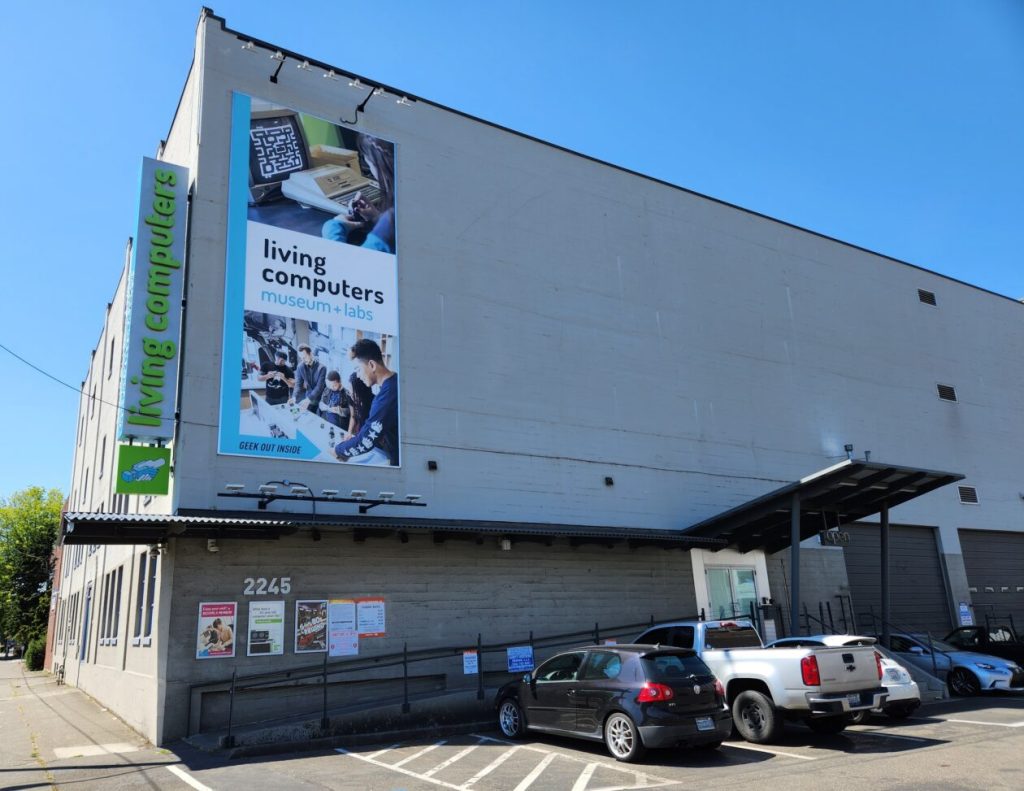Living Computers: Museum + Labs in Seattle, founded in 2012 by Microsoft co-founder Paul Allen, closed permanently in 2020 just before the pandemic hit and never reopened. However, the artifacts, storytelling content, and educational materials from the museum have found a new home at the Computer Museum of America (CMoA) located just north of Atlanta. The Paul Allen estate announced that it had sold the remaining items from Living Computers to CMoA, which will ensure that the legacy of the museum lives on.
CMoA, a 5-year-old institution started by Lonnie Mimms, a commercial real estate developer and longtime collector of computing artifacts, will now house the collection from Living Computers. The museum features about 34,000 square feet of exhibit space, classrooms, and event space, and plans to further develop and expand its facilities to accommodate the acquired items. Organizing and cataloging the items from Seattle will be a large effort, but CMoA is committed to preserving and showcasing the historical computing artifacts.
While Atlanta may seem like a distant location from Seattle, CMoA is determined to carry on the legacy of Living Computers and Paul Allen’s passion for the history of computing. The museum has a strong focus on technology and innovation, often being referred to as the “Silicon Valley of the South.” Microsoft also has a significant presence in the Atlanta area, highlighting the region’s tie to the tech industry.
The Allen estate, led by Paul Allen’s sister Jody Allen, has been divesting various projects and investments since his passing in 2018. The sale of the remaining items from Living Computers to CMoA is part of this broader divestment strategy. The move will preserve the history of the museum and ensure that the artifacts continue to inform and inspire future generations of museum patrons.
While the transfer of the Living Computers artifacts to Atlanta may be seen as a loss for the Seattle region, CMoA reassures that the items will be well taken care of by the nonprofit museum. Some individuals expressed regret that Living Computers could not be saved, but the items are now in the hands of an institution that appreciates the technology and the innovators behind them. Leonard Garfield, executive director of Seattle’s Museum of History and Industry, had hoped that some of the pieces from Allen’s collection would remain in the Seattle area to preserve the city’s history.
Overall, the sale of the remaining Living Computers artifacts to Computer Museum of America ensures that the legacy of the museum and Paul Allen’s passion for computing history will continue to be shared and celebrated. The move may represent a shift from Seattle to Atlanta in terms of historical computing artifacts, but CMoA is dedicated to stewarding the items and honoring the innovators who contributed to the technology showcased in the museum. The collection at CMoA will provide a new opportunity for visitors to learn about the evolution of computing and the impact it has had on the world.












